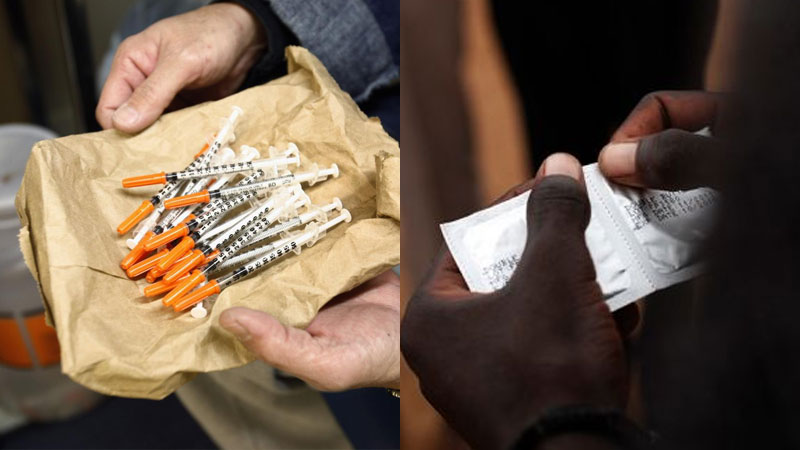
151 new cases of HIV were recorded for 2021 in Fiji.
The new infection case summaries reflect that most of the diagnosis are in the younger population bracket.
The main mode of transmission is through unsafe sex practices.
Some of the newly diagnosed cases have also indicated to be injecting drug users and are sharing needles with others, which is another emerging mode of HIV transmission.
The Health Ministry says these numbers reflect a cause for concern, citing the potential of many unknown cases in the community.
From the 151 reported HIV infections, 82 percent are from the ages of 20 to 49 years, 6 percent are adolescents and 6 percent are less than 10 years of age reflecting 9 mother to child transmissions.
The Health Ministry says this has been the highest number of reported annual HIV infections since the first reported case in 1989.
There have been 25 HIV-related deaths including 1 paediatric death.
These statistics were shared at the quarterly HIV board meeting chaired by the Permanent Secretary for Health and Medical Services, Doctor James Fong and attended by other members from government ministries, development partners, academia, civil society organizations and HIV board patron Speaker of Parliament and UNAIDS Goodwill Ambassador Ratu Epeli Nailatikau.
Since 1989, there has been a cumulative number of 1417 cases of HIV reported in Fiji.
52 percent of the new infections were recorded from the Central/Eastern division.
36 percent was from the Western division and 12 percent from the Northern division.
The Western and Northern divisions have reported an increase in cases in comparison to 2020.
The new infection shows a shifting trend in the gender profile with 52 percent of cases among men, 47 percent female and 1 percent transgender.
Most infections reported were from late case presentations of HIV during the 2nd wave of COVID-19 in Fiji.
Permanent Secretary for Ministry of Health and Medical Services and the Chair for the HIV Board, Doctor James Fong has appointed a working group consisting of senior HIV medical staff and development partners such as UNAIDS to escalate current efforts by the HIV program to counter these rising numbers.
Doctor Fong says these escalated efforts are to cover all focus areas starting from prevention, data management, testing, treatment and the delivery of care.
He says the Ministry acknowledges the importance of community partners and will work jointly to ensure that at risk populations receive the services they need.
Stay tuned for the latest news on our radio stations

